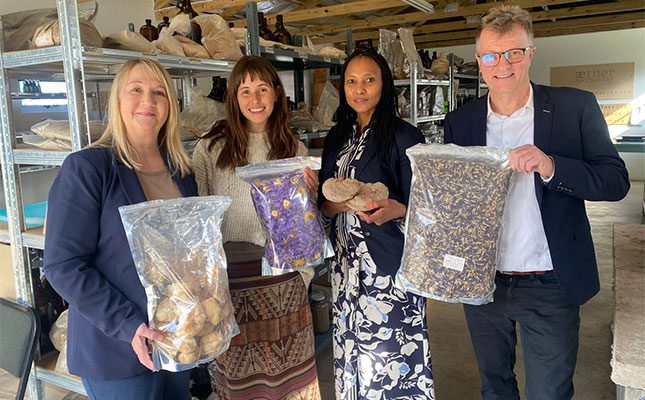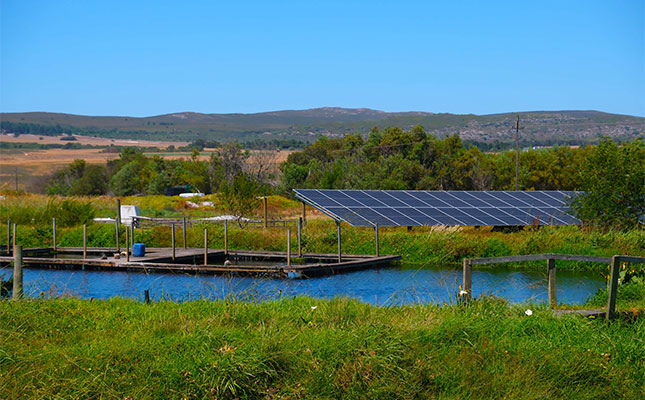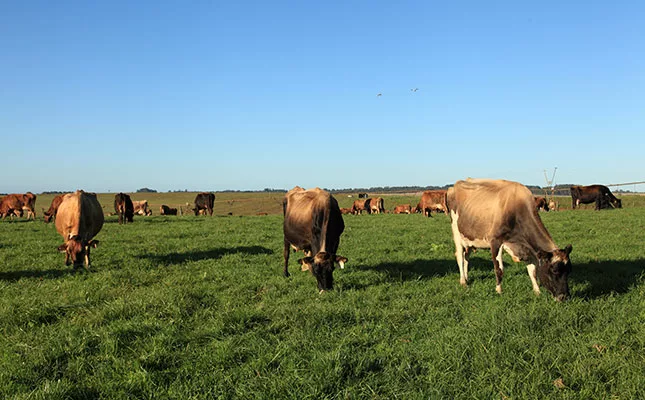
The initiative aims to boost natural ingredient exports by 25% over the next three years, raising export earnings from R4,2 million to R5,25 million.
It also plans to access at least five new international markets, secure 15 new product certifications, and train more than 100 micro, small, and medium enterprises (MSMEs) across the export value chain.
Speaking to Farmer’s Weekly, Linda Lubengu, Linda Lubengu, trade promotion specialist at the Eastern Cape Development Corporation (ECDC), said the strategy placed Eastern Cape producers in a strong position to meet growing global demand for natural, organic, and sustainable products.
“Several natural ingredients from the Eastern Cape show strong potential in international markets, including geranium oil, rosemary, African wormwood, honeybush, aloe ferox, hemp, lemon oil, pineapple extract, and lavender oil. Their antioxidant and anti-inflammatory properties make them especially attractive to health-conscious consumers and wellness-focused brands,” she explained.
Lubengu added that a mapping exercise planned for 2025/26 would help identify and profile producers across the province based on their capacity and level of export readiness.
“This process will enable us to categorise producers, tailor market entry strategies, and develop targeted support programmes that directly address gaps. The aim is to improve MSMEs’ chances of successfully entering new markets.”
The strategy also outlined steps to ensure rural and small-scale producers benefitted. According to Lubengu, this would include “ongoing training, alignment with existing support programmes, and partnerships with public and private-sector stakeholders to provide technical assistance and market access opportunities”.
Sustainability and biodiversity protection were at the heart of the strategy.
“We are introducing training on sustainable harvesting practices, biodiversity conservation principles, and environmental management standards. This will be done with partners such as the Department of Agriculture; the [provincial] Department of Economic Development, Environmental Affairs and Tourism; and higher education institutions,” Lubengu said.
Andrew Jones, international consultant at the Swiss Import Promotion Programme (SIPPO), said buyers in Europe and Asia were becoming more selective.
“Buyers are increasingly looking for natural ingredients that meet strict quality and purity standards. They also want assurance that these products align with social responsibility, environmental stewardship, and commercial sustainability,” he explained.
Jones added that product certifications and documentation were non-negotiable for entering premium global markets.
“The most critical requirements include comprehensive documentation such as product specifications, certificates of analysis, and verified controls across the supply chain. Ideally, these should be validated by external certification bodies,” he said.
Jones said small-scale producers often faced hurdles in meeting these standards.
“The main challenges are compliance with complex requirements, ensuring consistent supply, and effectively using digital tools to connect with buyers. With proper support from business support organisations [BSOs], access to market intelligence, and investment in capacity building, these obstacles can be overcome,” he said.
Drawing from the SIPPO’s work across 12 countries, Jones pointed out that South Africa had already shown progress in aligning its natural ingredient exports with international demands.
“Through collaboration with BSOs, we have seen notable progress in the food, cosmetics, and health product sectors in countries such as South Africa, Colombia, and Indonesia. Strengthening export promotion services at this level enables companies to scale more sustainably,” Jones said.
According to the ECDC, progress over the next three years would be measured against key indicators such as an increase in export value, the number of producers accessing new markets, certifications achieved, and international partnerships established.
“The Eastern Cape has unique natural ingredients the world wants. This strategy ensures we can grow exports responsibly, while also protecting our biodiversity and empowering local producers,” Lubengu said.
Get trusted farming news from Farmers Weekly in Google Top Stories.
➕ Add Farmers Weekly to Google ✔ Takes 10 seconds · ✔ Remove anytime










